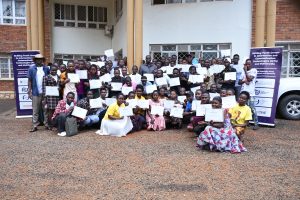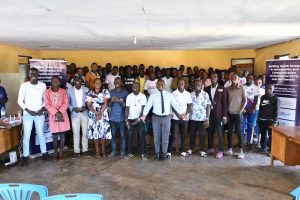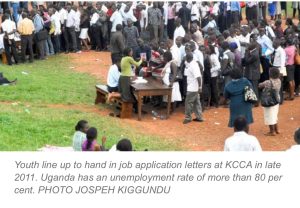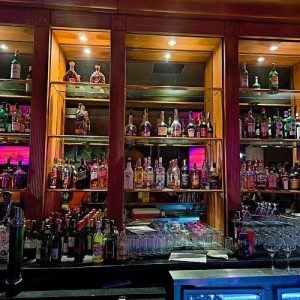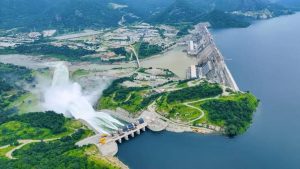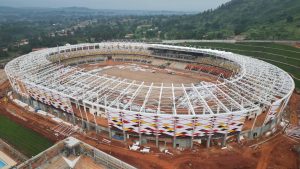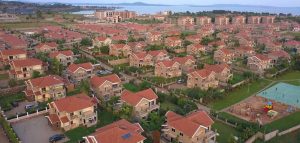
#OutToLunch: Some of the big bets for 2026
By Denis Jjuuko It was just the other day when many people were making resolutions for 2025. Days turned into weeks, months and now a whole year. You blink, and it is a new year. I hope that you managed to achieve those targets you set for 2025. If you didn’t, well, you can still list them for 2026 and work on the issues that made you fail to achieve them. Well, there are so many things that are happening in 2026. An election is upon us and it comes fast—starting on 15 January. I hope that your candidate wins and most importantly that they do what they are promising to do. In the meantime, I thought of a few things that could be important in 2026. They could be business ideas or stuff that may make your life better one day. Generators, power back up As I was writing this, a close friend called me and she sounded desperate. Her electricity had failed and she was worried about spending yet another night in darkness. She had bought an inverter but because of a prolonged power shutdown in her residence area, her batteries were drained. She fears darkness. So, she thought I could be a plug for a standby generator for a night. We made frantic phone calls but many people with generators for hire had closed for the night. Anyway, it reminded me of a visit I made a few months ago to a friend’s home. I found people installing a generator. My friend had rightly predicted that the transition from one electricity distributor to another wouldn’t be that smooth and had envisaged the return to darkness. I had thought that he was panicking. He wasn’t. The new distributor has told us that electricity will stabilize in a few years. So, in 2026, either get a standby generator for your home or business or start dealing in them. Water harvesting When electricity fails, the guys at Katosi and Gaba inform us that they can’t pump water from Lake Victoria. This means that the taps soon run dry. When we were younger, we used to ask ourselves a silly question. What would should we rather have? Running water or electricity? We thought we had left those days more than 20 years ago. And it seems the question wasn’t even silly after all. So, what would you rather have in 2026? Water or electricity? Well, in 2026, either get a water tank for rain harvesting or start dealing in them. Car parts The smart guys at the Ministry of Works and Transport have declared a mandatory vehicle inspection at your cost. Not a bad thing if it would make our roads safer. But if you live in some of these parts of Kampala, most likely your car won’t pass the test. If it does, it will not be in a good shape a few days later. Some of the roads in Kampala have the biggest potholes ever seen in the world. If you drive a car that was once owned by somebody in Asia or Europe or north America and got rid of it by selling it to you, be prepared for a new suspension every few weeks. You may also have to budget for a bumper in 2026. If you live in a neighborhood with a paved road and potholes aren’t your problems, well, still budget for some body parts. However much you rivet your car, guys will still pluck off stuff in traffic jam or they will scale your fence and “undress” your car. So, in 2026, plan for car spare parts or start dealing in them. Coffee and gold Coffee and gold are most likely going to continue being top forex earners for Uganda in 2026. You may have to look for ways to get involved. Gold, though, has expensive school fees, so invest with care. Coffee, some call it the green gold, is a bit easy. Entry fees are not so exorbitant and many people have knowledge of how to grow it, trade it or drink it. If growing it is where you want to start, think of some bit of irrigation. Changes in the climate are real but also water in Uganda is easily available in many parts where coffee is grown. A few feet underground, and there is reliable water all year long. In 2026, find a way to deal in coffee, remember “it doesn’t lie” or even gold if you have the school fees. The writer is a communication and visibility consultant. djjuuko@gmail.com



